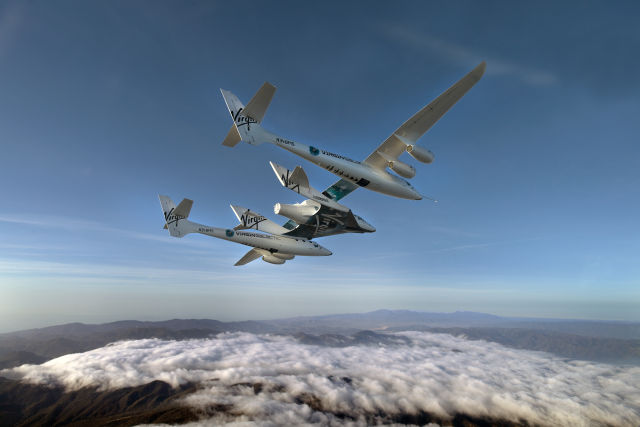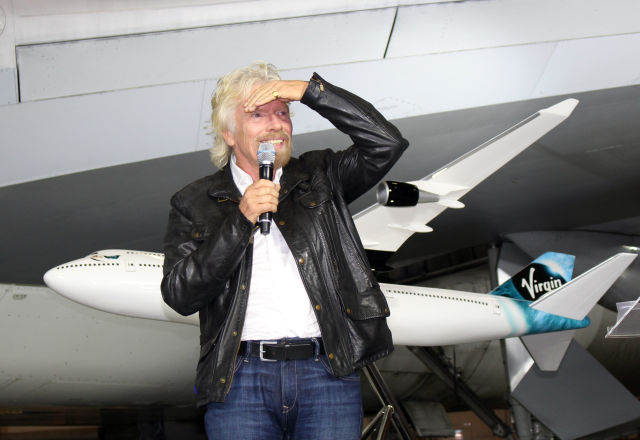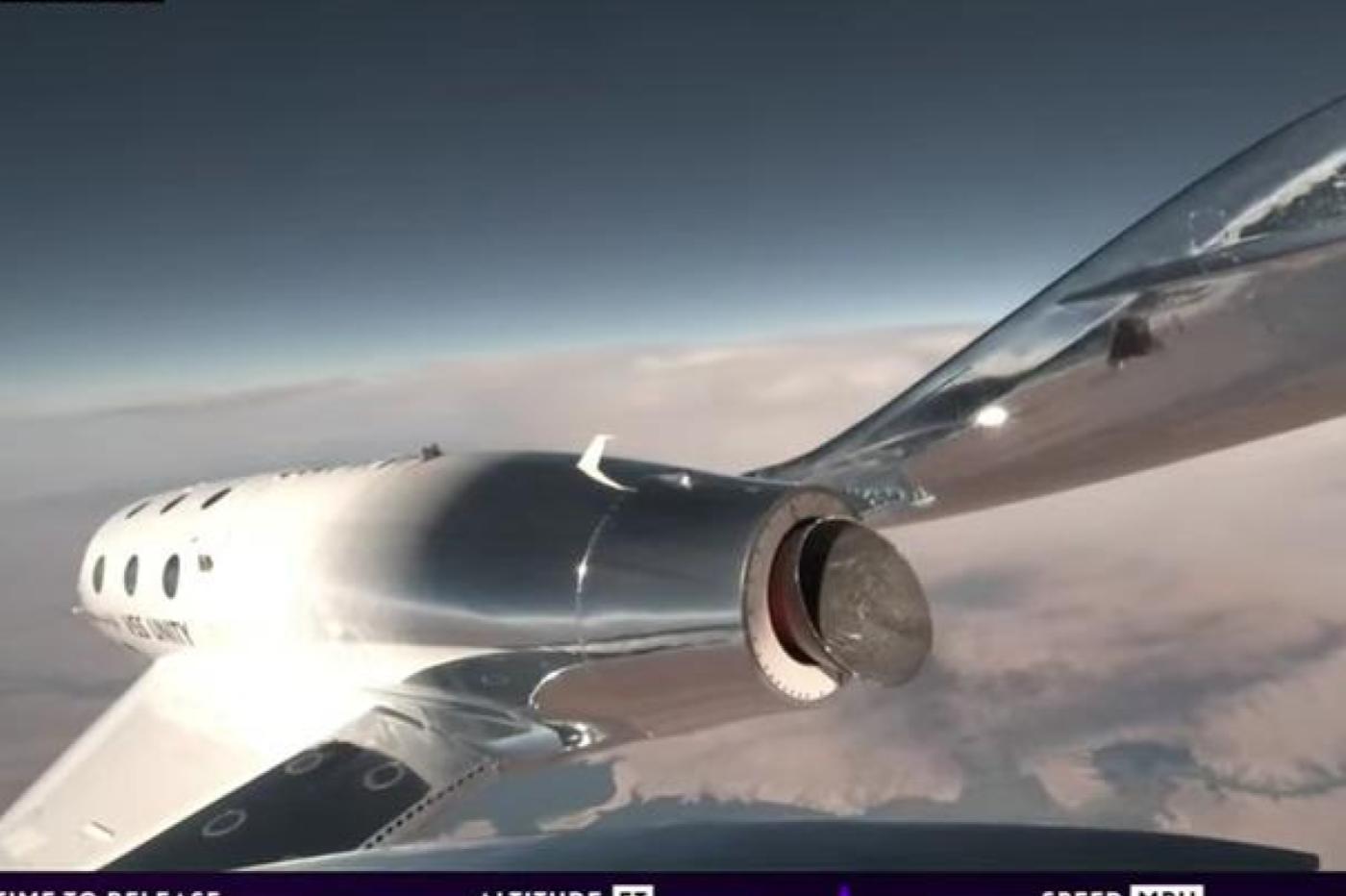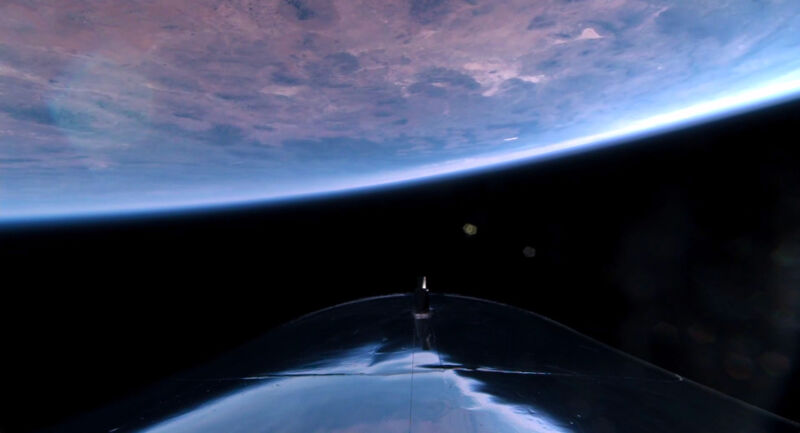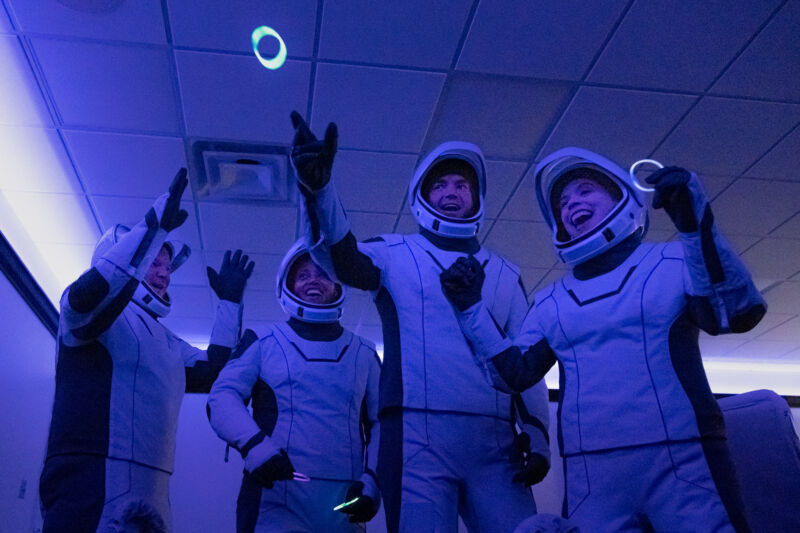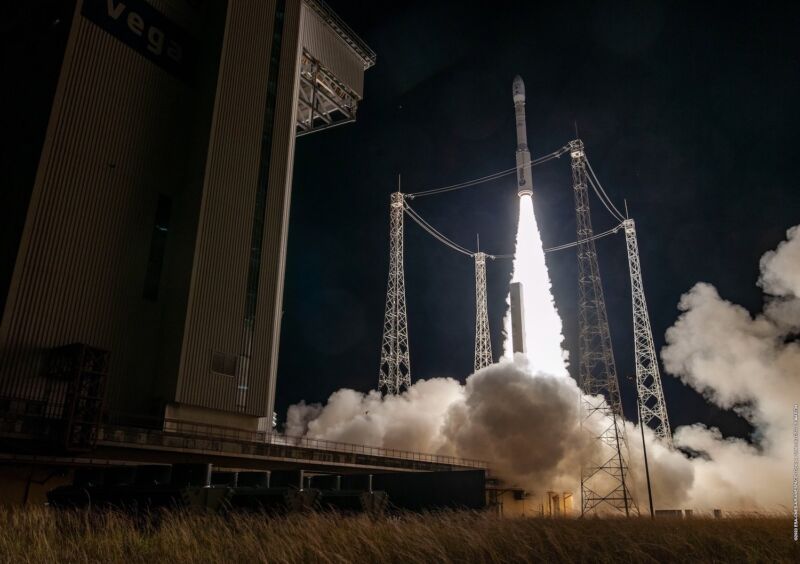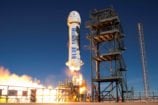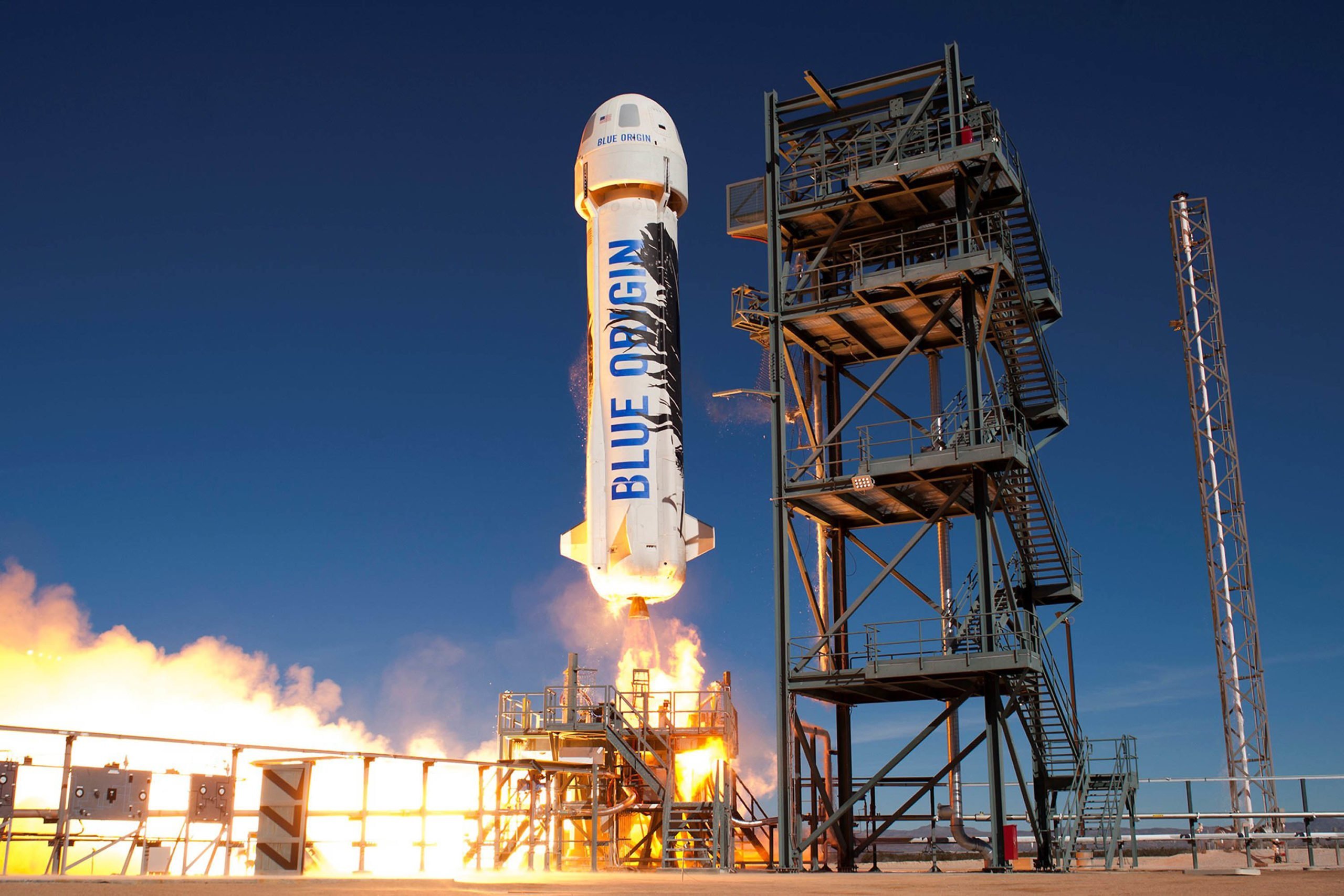-
 chevron_right
chevron_right
For Virgin Galactic, becoming profitable means a pause in flying to space
news.movim.eu / ArsTechnica · Friday, 1 March - 00:26
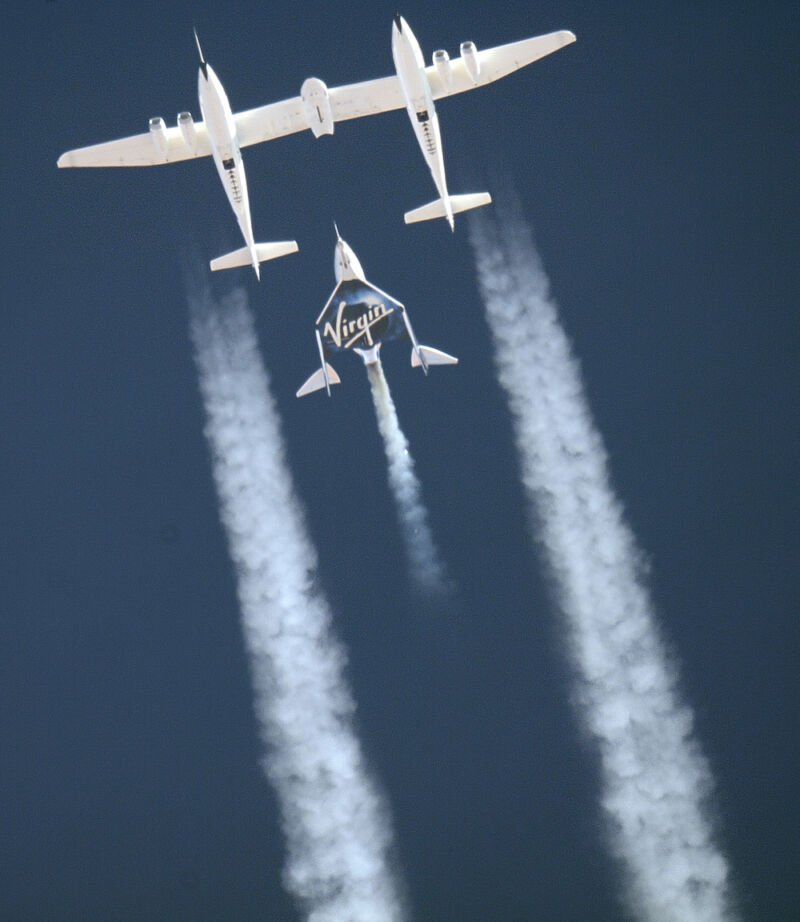
Enlarge / Virgin Galactic's VSS Unity rocket plane ignites its rocket motor moments after release from a jet-powered carrier aircraft high above New Mexico. (credit: Virgin Galactic )
Last year, Virgin Galactic seemed to finally be hitting a stride toward making commercial suborbital spaceflight. The company flew its SpaceShipTwo rocket plane to the edge of space six times in six months, giving a few Virgin Galactic customers a taste of spaceflight after waiting more than a decade.
Finally, it appeared that Virgin Galactic turned a corner , moving past the setbacks and course corrections that delayed founder Sir Richard Branson's aim of bringing spaceflight to a wider population. Virgin Galactic officials wouldn't describe the company's next step as a setback or a course correction. It's part of an intentional business strategy to make Branson's dream a reality.
"That dream behind Virgin Galactic came into sharp focus as we repeatedly flew spaceship Unity in 2023," said Michael Colglazier, Virgin Galactic's president and CEO, in a quarterly earnings call this week. "Now, in 2024, we're poised for even more meaningful accomplishments as we build the fleet of spaceships that will turn the dream into reality and long-term success."

